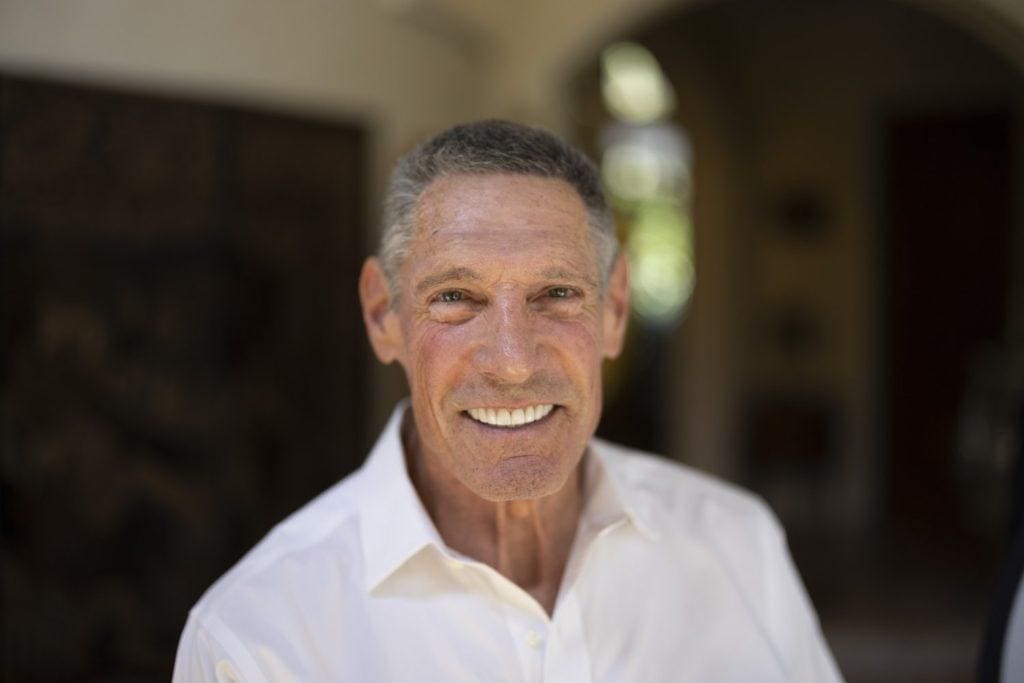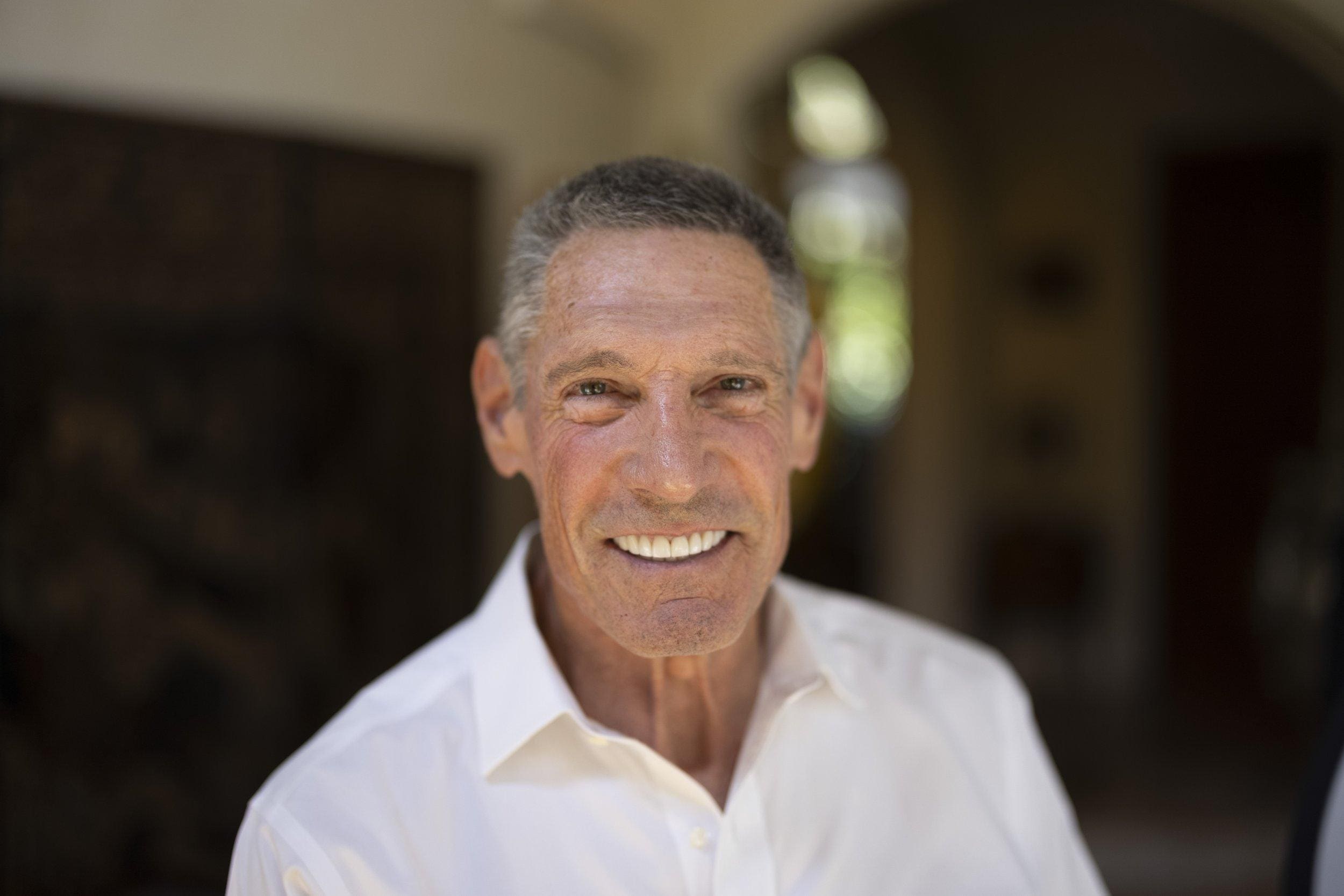Michelson Philanthropies is an organizational umbrella overseeing various initiatives and programs, including Michelson 20MM, Michelson Medical Research Foundation, and Michelson Found Animals.

Dr. Gary K. Michelson. Photo by David Hume Kennerly.
By Justin Chapman
Veteran journalist Jerry Sullivan recapped the seemingly disparate goals of Dr. Gary Michelson’s three foundations that focus on animal welfare, medical research and education and equity, and then asked the logical question: how are they related?
“What ties us together is the idea of making life less unfair, less cruel, and do it for those who do not have a voice for themselves,” Dr. Michelson responded. “Who speaks for the students, for the prisoners, for the animals?”
Sullivan, former LA Business Journal editor who now runs his own media outlet SullivanSays SoCal, interviewed the Michelson Philanthropies founder for “Making an Impact with Michelson Philanthropies,” a podcast series about the work of each of the foundations established under the Michelson Philanthropies. Listen to the full conversation here, and read a full transcript of the conversation here.
Michelson Philanthropies is an organizational umbrella overseeing various initiatives and programs, including Michelson 20mm, Michelson Medical Research Foundation, and Michelson Found Animals.
Sullivan asked Dr. Michelson to elaborate on his mantra to “make life a little less unfair.”
“From time to time, we all say to ourselves, ‘Well, that’s not fair,’” Dr. Michelson explained. “You know what, life’s not fair; you better get over that part of it. But when I say it, I have to turn around and say, ‘Yeah, Gary, you got too much.’ I’m a member of the Giving Pledge, a group of about 200 billionaires who have all agreed to give away the great bulk of their wealth. Some of those people inherited that money, some married into that money, and others basically went out and earned it. There’s a real temptation, if you’re in that latter group, to go, ‘Yeah, look how great I am. I did that.’ The problem with that is, there are other people who have worked equally hard, and they didn’t end up where we did.”
“What ties us together is the idea of making life less unfair, less cruel, and do it for those who do not have a voice for themselves.”
—Dr Gary Michelson
With that understanding, Dr. Michelson has committed to making life less unfair for those groups who are essentially voiceless.
Sullivan said he noticed that Michelson’s strategy seems to be taking incremental approaches as a way to be effective over the long run. Dr. Michelson said the strategy is twofold: incremental steps when that will be the most effective, and establishing partnerships—especially with government—when a broader approach is needed.
“You may be well intentioned and you might want to do some good, but if you really want to do it on a big level, that’s the role of government,” he said. “So you need to entreat government, you need to motivate government, and you have to have them act. Advocating through our Center for Public Policy and having as many partners and voices as possible has been very, very effective. That’s where you’re not doing it incrementally, you’re talking about being disruptive in a constructive way.”
To learn more, visit michelsonphilanthropies.org.

